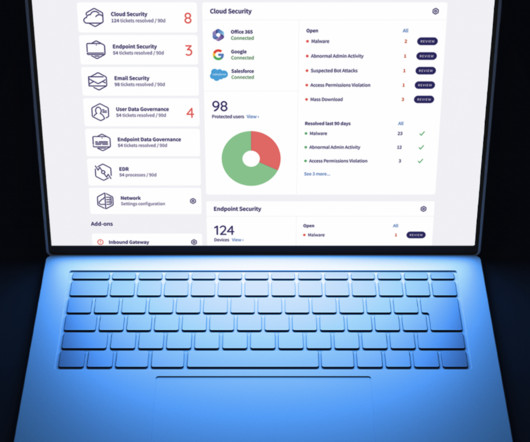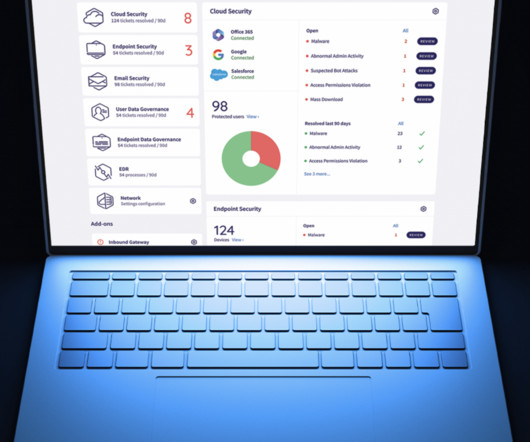From Complexity to Clarity: Strategies for Effective Compliance and Security Measures
Speaker: Erika R. Bales, Esq.
When we talk about “compliance and security," most companies want to ensure that steps are being taken to protect what they value most – people, data, real or personal property, intellectual property, digital assets, or any other number of other things - and it’s more important than ever that safeguards are in place. Let’s step back and focus on the idea that no matter how complicated the compliance and security regime, it should be able to be distilled down to a checklist.











Let's personalize your content